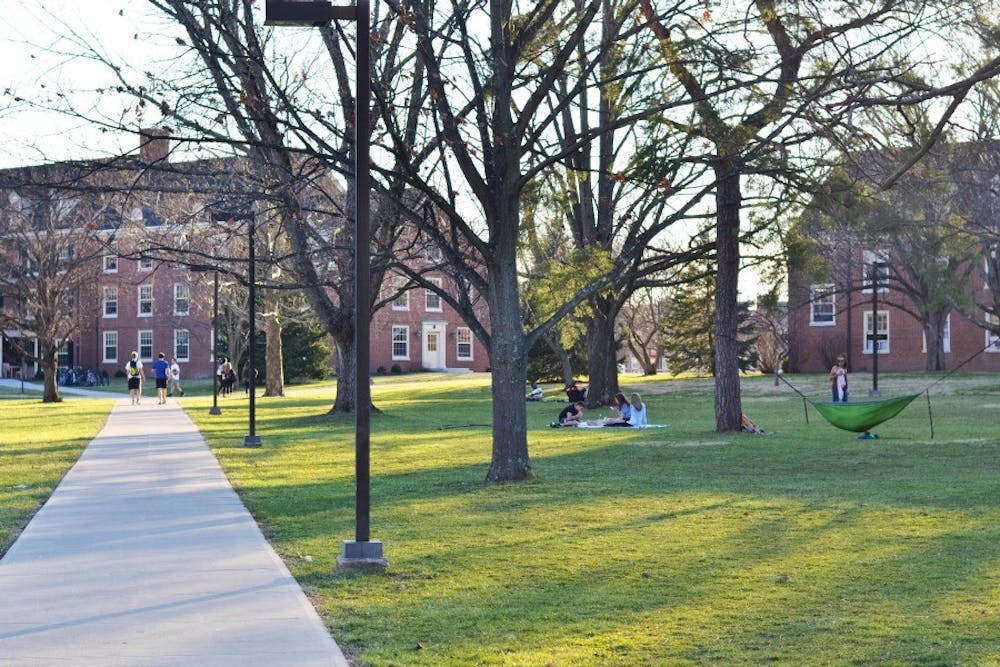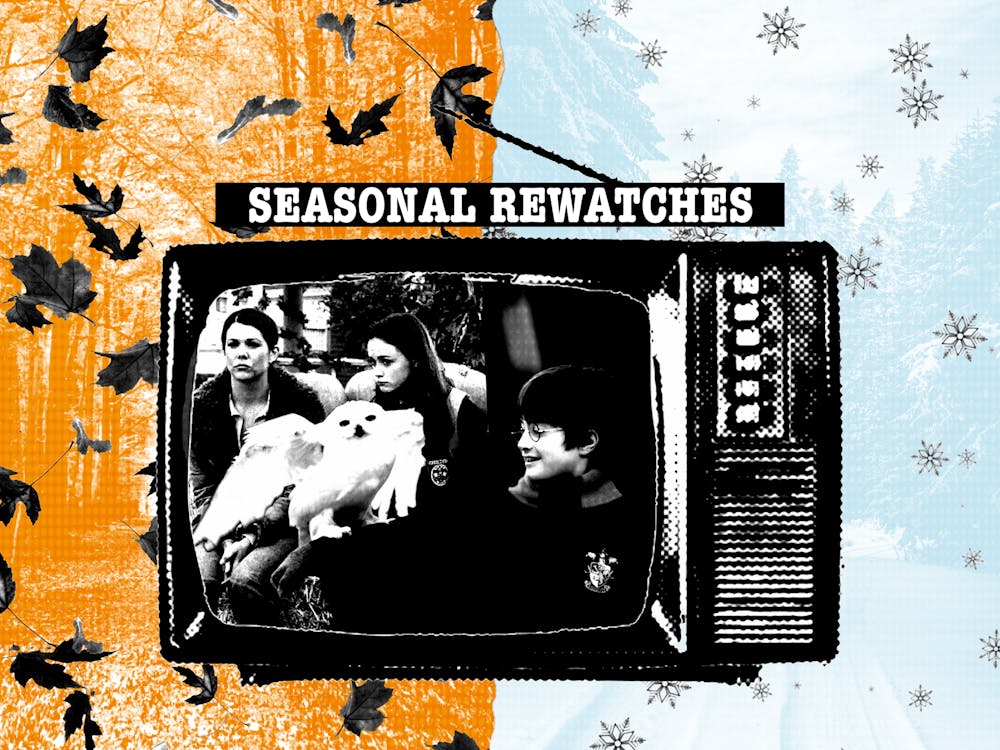Miami University officials wrote in an email to faculty that Miami’s academic community is expected to return to in-person learning no later than fall 2021. The email, sent Tuesday, Dec. 15 by Miami’s Crisis Management Team, said the return to face-to-face learning may come as early as summer 2021.
The email explained that Miami is attempting to partner with TriHealth in order to administer vaccines to faculty.
“It may be months before sufficient vaccines are available for general distribution, so we will use a phased vaccination approach,” Miami’s Crisis Management Team wrote. “We hope to be able to administer the vaccine to all faculty and staff who choose to receive it before summer.”
There was no mention of whether the university plans to administer the vaccine to students.
First-year Evan Gates said it feels weird that students weren’t sent the same communication that faculty and staff received. Gates also said the tone of the email doesn’t match what he sees as an uncertain future.
“I think they're projecting a lot already when they don't have a ton of evidence on how stuff is going to go,” Gates said.
Carole Johnson, Miami’s spokesperson, declined to answer The Student’s questions at this time.
“We are developing detailed plans, and university leadership will notify the university community as soon as we have the information,” Johnson wrote.
Cathy Wagner, president of Miami’s American Association of University Professors (AAUP) chapter, wrote in an email to The Student that she is sure all administrators, faculty and staff agree they would like to return to in-person learning.
However, Wagner wrote that there were some things about Miami’s approach that concerned her.
“It was a different story this summer, when Miami's administration prioritized returning to in-person classes over faculty, staff and student safety,” Wagner wrote. “The classroom distancing the administration originally deemed safe was three feet, not six feet per CDC recommendations. These dangerous plans changed when it became clear in late summer that the situation was too risky. To faculty's relief, most of the semester appropriately took place online.”
Sidra Capriolo, a sophomore Spanish and psychology double major, said it might be too soon for the university to make any definitive plans.
Enjoy what you're reading?
Signup for our newsletter
“I feel like in the past, Miami has made decisions or said they’re planning on doing something in advance that has not ended up being the case, especially during COVID which is obviously a very unsure time,” Capriolo said.
Wagner wrote Miami, and many other universities, may be facing new challenges with changes in state budgets and funding.
“In the 1950s, 70% of Miami's budget came from the state,” Wagner wrote. “Now, it's less than 10%. You might think less state funding would save money for the citizens of Ohio, but the reverse is true. When we were primarily funded by the state, it was much cheaper for universities to run and for students to attend, and we could have gotten through COVID much more smoothly.’
In the email, Miami officials said they were unsure of which vaccine – either Pfizer or Moderna – Miami would receive. Johnson was not yet able to provide what the phased vaccination approach would look like at Miami.
The email encouraged faculty to continue wearing masks and remaining socially distant.
It also stated professors who traveled or worked in a state reporting positive testing rates of 15% or higher may not come back to campus for 14 days. They may also be required to take a COVID-19 test and notify Miami’s Department of Human Resources.
“I feel like it's another thing that the university says that's going to happen but ends up not happening,” Capriolo said. “We can only hope I guess.”




